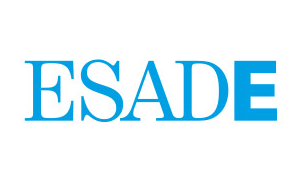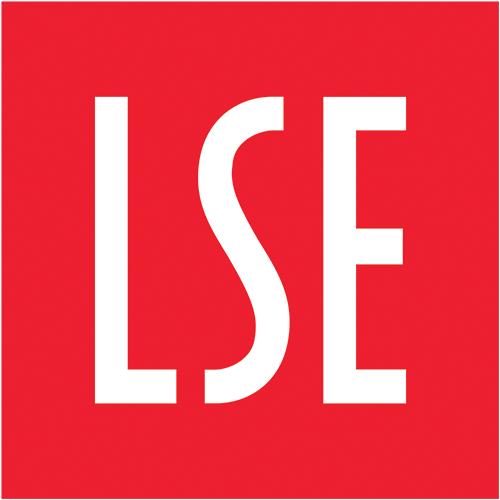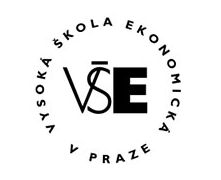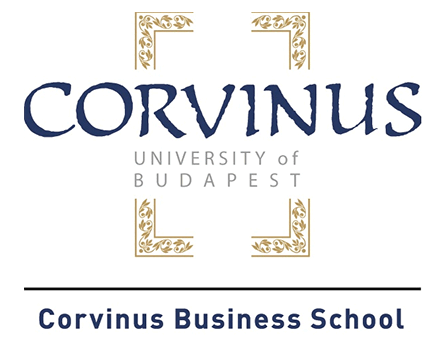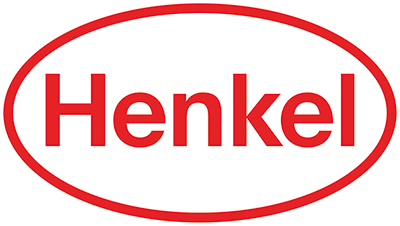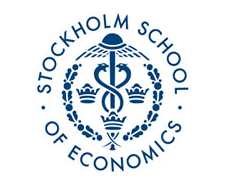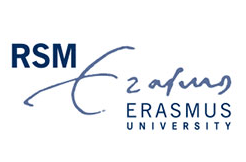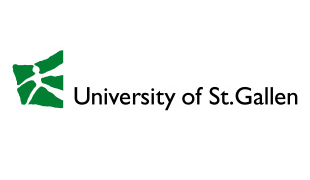
What does it take to tackle the most pressing challenges to sustainability and sustainable development?
Bridging the gap between government, science and business is the only way to create change at a pace and scale that matches the urgency of need in this field.
So says Lubomila Jordanova.
A graduate of the London School of Economics and financial analyst by training, Lubomila has long wrestled with an acute awareness of the need to act on climate change and the destruction of natural habitats – and a feeling of powerlessness to do so.
“After CEMS, I went out into the world of venture capital and finance, but I was missing a sense of fulfilment. I’d felt a personal connection to action on the environment, but as a data analyst with a business background, I had no idea how or where to position myself, let alone find a business, in what I felt to be essentially a scientific context.”
Driven, nonetheless, by an “obsession” to find her role – and sense of vocation – in the fight against climate change, Lubomila took a six-month sabbatical to explore the disconnect between the scientific community, NGOs and the private sector, and connect some dots.
A dating site for businesses looking for a cause
The result is Plan A, a data-driven platform that leverages artificial intelligence to pinpoint the areas on the planet that are most vulnerable to climate change, and then connect environmental players with sources of private funding so they can take focused action in those areas.
Founded in 2016, Plan A not only helps to bridge the gap between the science and business communities, it also addresses what Lubomila calls the “problem of generalisation” that drives a one-size-fits-all approach to environmental issues.
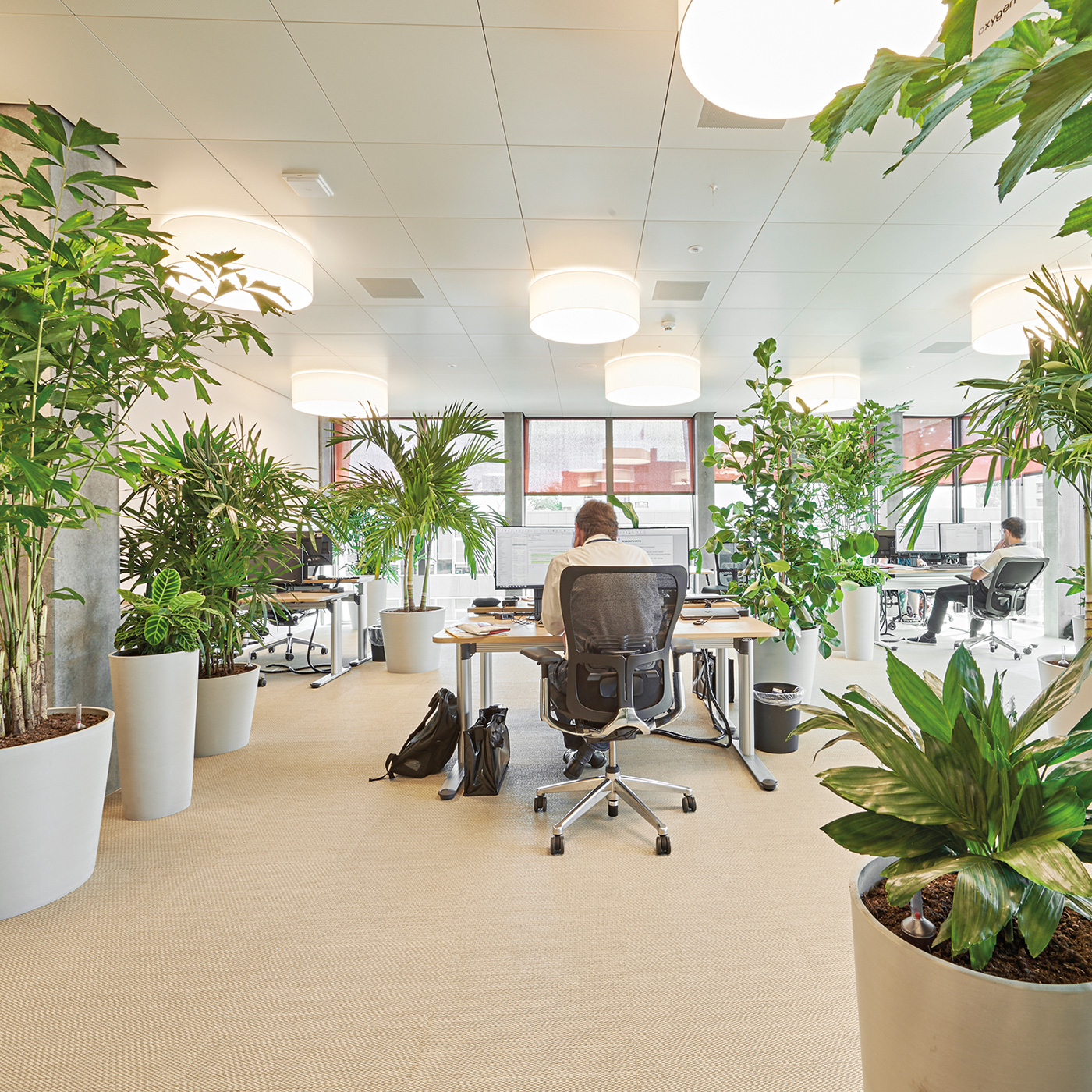
“We’re able to use the latest in predictive technology to create ‘priority cards’ – a list of those areas or issues that are most critical by country. Every country and every geography is different, with its own specific problems and challenges, and a need for its own unique raft of solutions.”
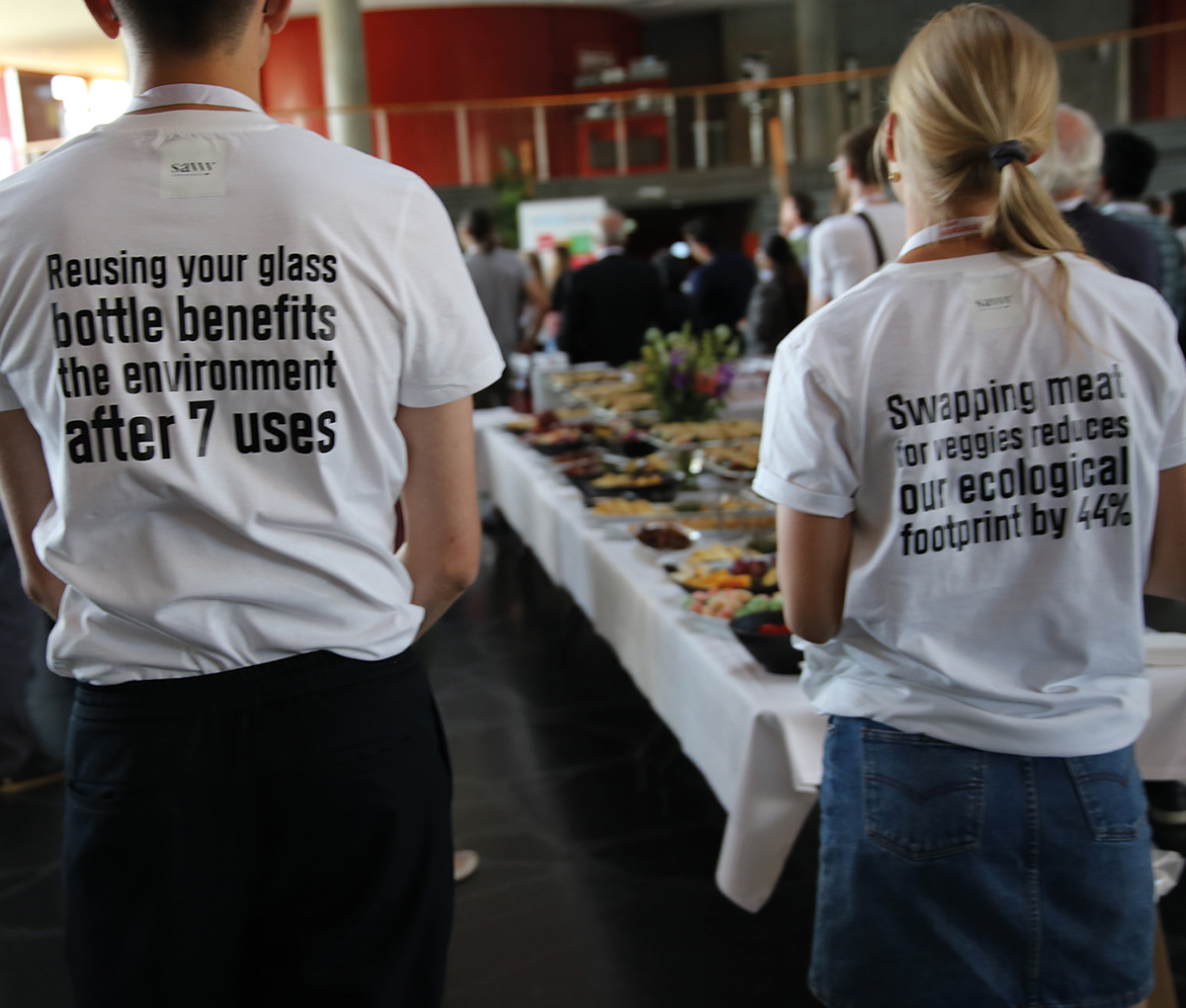
Customising these solutions means matching specific challenges with businesses or individual that have a particular interest in solving them.
“For publishers the big issue might be deforestation,” says Lubomila. “For other businesses, the challenges will be different. We talk to organisations and identify their concerns before matching them with our portfolio of projects around the world. It’s almost a dating site for businesses looking for a cause to match with,” she laughs.
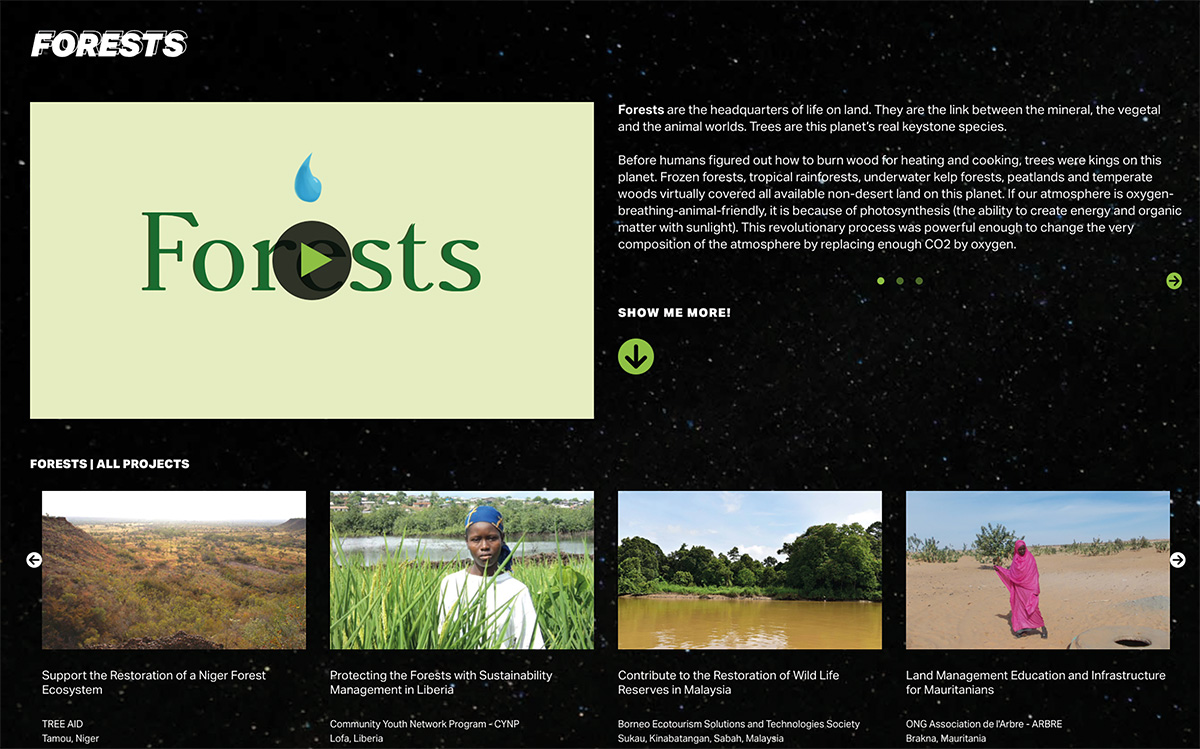
It’s also unique approach that is yielding significant success stories.
“Over the last three years we’ve matched 65 projects with businesses and we’ve raised €500,000 in commitments from businesses around the world. One of our biggest successes to date has been securing funding to plant two million trees in Kenya. The impact here isn’t just environmental. This project helps address long-term environmental and health issues, but it is also creating jobs for local communities. It’s delivering impact on multiple fronts: improving living conditions, well-being and income for communities while empowering businesses to contribute to solutions that enhance their long-term outlook. It’s closing circles.”
Oxygen at work
Another CEMS graduate closing circles in sustainability is Manuel Winter of the University of St.Gallen.
Manuel is the co-founder and CEO of Oxygen at Work, a Swiss start-up that provides workplace and office solutions – with a difference.
“The majority of people spend a disproportionate amount of time in offices,” explains Manuel. “The issue is that in these environments we are breathing sterilised or reconditioned air which increases our susceptibility to colds and respiratory infections, stress and poor sleep. The air we breathe in our offices is actively damaging health and affecting productivity.”
Manuel’s solution? The “oldest technology there is,” he says: plants.
“Together with my co-founders – a biologist and a gardener – we came up with a pretty simple idea. Oxygen at Work supplies specially selected plant species that can thrive in indoor spaces. These plants reduce pollutants in the air while increasing humidity.”
And the result is not only healthier, more productive employees. Installing the right kinds of plants also helps reduce pollutants and increase humidity which in turn allows clients to lower their heating and ventilation systems. Thanks to the IoT sensors and data exchange, the whole ecosystem can be optimised. On average, the energy consumption (and CO2 emissions) of heating and ventilation systems can be reduced by 30%, says Manuel.
“It’s a win-win situation for our clients – a cost-effective means of driving productivity that integrates many of the benefits of smart buildings, including the machine-learning technology to measure impact on air quality and energy-related data.”
Oxygen at Work is offered to clients via a system of monthly rental plans that can be adapted to individual needs. This model leverages a network of local partners who manage delivery and maintenance, says Manuel, meaning that the business can be scaled with ease. And growth to date has been remarkable.
“Businesses have really latched on to the idea and our client base includes some of the biggest corporate players in the country, from Syngenta to Credit Suisse. We’re growing seven-fold year over year, and we’re looking forward to welcoming more clients – including CEMS corporate partners – to the fold this year,” he laughs.
Another significant metric stems from the company’s pledge to plant two trees in endangered rainforests for every plant rented by customers. A pledge that has led to thousands of new trees being planted in India in 2018.
The key to this kind of impact, says Manuel, is having a business model that is simultaneously sustainable and profitable.
“You can set up a social business with the best intentions in the world, but unless you are able to make a profit to drive your growth over the long term, you end up with sustainability issues of your own. You have to make money to bring change and improve things or the money flow and the impact will stop.”
And that is an understanding that resonates with CEMS student Kamila Rácz.
Eating our way to sustainability
Kamila and fellow students at Hungary’s Corvinus Business School have developed a business plan that addresses education and sustainability in an altogether novel manner.

Working with Budapest’s Wesley Janos School and Kindergarten, an organisation that provides education to children from under- privileged backgrounds, the CEMS students have leveraged partnerships with a leading consultancy firm and the Ashoka Foundation to launch… a restaurant. But not just any kind of restaurant.
“It’s a different kind of approach,” Kamila acknowledges. “The idea is to leverage and invest in the school’s kitchen and canteen resources to prepare vegan dishes. These dishes won’t only be served to the children to offer them a new type of healthy food, we’ll also create a vegan delivery service targeting individuals and local businesses to make money – income that will then be used to finance the school’s costs and future expansion plans.”
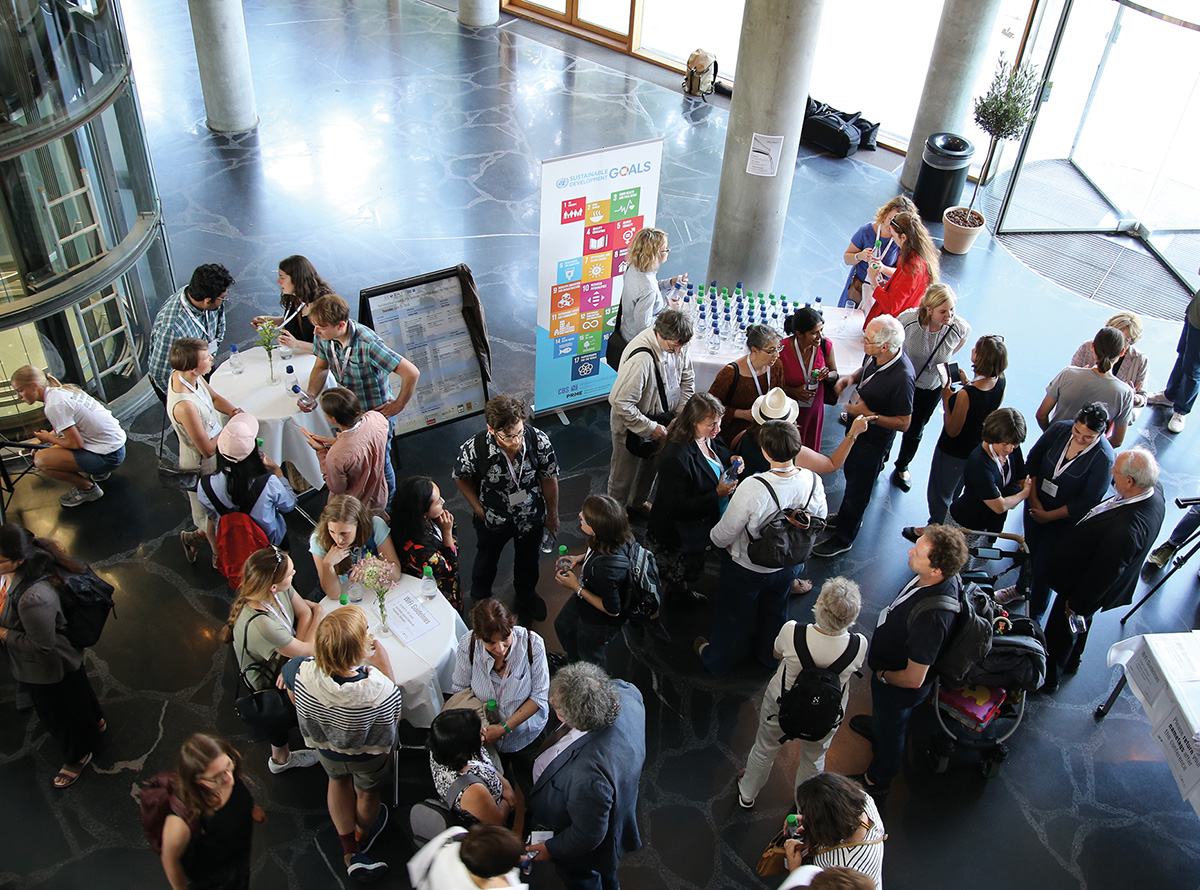
Like many socially-oriented institutions, the school self-finances its core costs and educational projects. Income instability, says Kamila, has threatened its existence in the past and continues to stymy further growth – creating insecurity for children and their families in the local community.
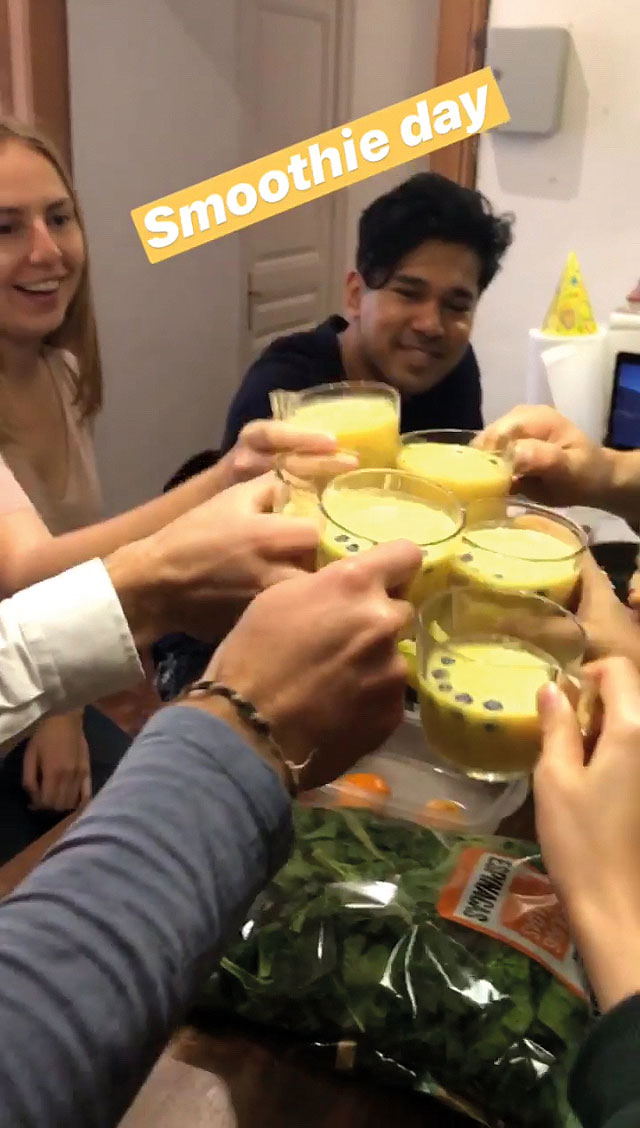
The restaurant project is an ingenious means of leveraging existing resources while minimising additional costs, to generate much needed income stability – all while “fighting the good fight” in terms of promoting healthier and more sustainable eating habits among the children and end-customers.
As a learning experience, Kamila notes, it has also been illuminating.
“The initiative is part of our CEMS business project. Working on this plan has brought us into contact with a raft of diverse partners.
We’ve had a chance to put our business skills into real-world practice, doing the market research, creating the business, financial, marketing and communications plans working alongside some of the key players in consultancy and social entrepreneurship in Budapest.”
It has also been inspirational.
“I’ve always wanted to know how social vision and the business purpose can be combined in a way that drives impact and secures sustainability. And I don’t think I’m alone in this. In my experience, my generation is perhaps more acutely aware of sustainability. We know more about the kinds of problems that are out there. And we also know that there are plenty of people who are clever and creative enough to come up with interesting new solutions to tackle them.”
Sustainability – a new generation of change leaders
Across the CEMS community, there are manifold examples of clever and creative individuals who are taking up the challenge to drive awareness, action and impact in sustainable development.
Magdalena Boryslawska was appointed head of the newly-launched CEMS Club Sustainability Committee at ESADE in Barcelona, which has overseen a number of activities this academic year, including an Eat for the Earth Challenge and a responsible global leadership seminar with the head of sustainability at Inditex subsidiary Stradivarius, Alfred Vernis.
At Copenhagen Business School (CBS), Dr. Diego Stea’s CEMS students are driving a raft of initiatives that range from a Social Development Goal task force led by Søren Jeppesen, to Louise Thomsen’s Students for Global Goals event targeting students and faculty, and the 2019 Responsibility Day. Organiser, Caroline Aggestam Pontoppidan, highlights the success of this year’s event, which will integrate UN SDGs and spotlights a case study from Grundfoss: “Responsibility Day 2019 will have a critical focus on SDG 6 on clean water and sanitation as well as SDG 5 on achieving gender equality and empowerment of women and girls.”
Fellow CBS student, Emilie Cronje Kronhjem, has also co-developed a singular resource for businesses looking to minimize the environmental impact of their corporate events.
“Single-use plastic bottles, lots of food, and speakers flown in from remote places are common features of conferences and events.
We’ve put together a sustainable event guide with concrete advice on how to host both small and large events with a reduced ecological footprint.” The guide has already been put to good use by the CASE Nordic Summit and Alumni Day 2019, and has been picked up by Denmark’s Tuborg Foundation to be distributed to all grant recipients hosting events.
Meanwhile, the Henkel Skill Seminar in Sustainable Packaging garnered positive feedback both for the quality of insight and real-world, interactive business exposure at Rotterdam School of Management (RSM.) CEMS students at RSM have also launched a Good Citizen Card which is sold to Erasmus students and offers discounts at vegetarian or sustainably-focused eateries in the Rotterdam area.
And Prague University of Economics CEMS alumna, Marketa Svobodova, adds that it is very sustainable and also fun to create your own household products from toothpaste to washing powder. She founded a volunteer group RespON which has organised various events around these types of workshops.
Sustainability in focus
“There is a will to bring sustainability into focus in terms of what we are doing as students and as members of the CEMS Club,” says CEMS student Christopher Stach, Head of the CEMS Club Sustainability Committee at the Stockholm School of Economics.
“The projects that we run have a short- term goal of raising awareness among our peers, but we are also interested in driving really deep understanding and a sense of commitment that goes beyond our time at university, it extends into the way we work and the choices that we make in our professional lives.”
A function of this, says Christopher, is to bring best-in-class partners from the CEMS ecosystem such as the H&M Foundation into the school, to share insight and good practice with students. Another initiative is a sustainability blog that explores the issues, research and emerging themes that are shaping the narrative on sustainability.
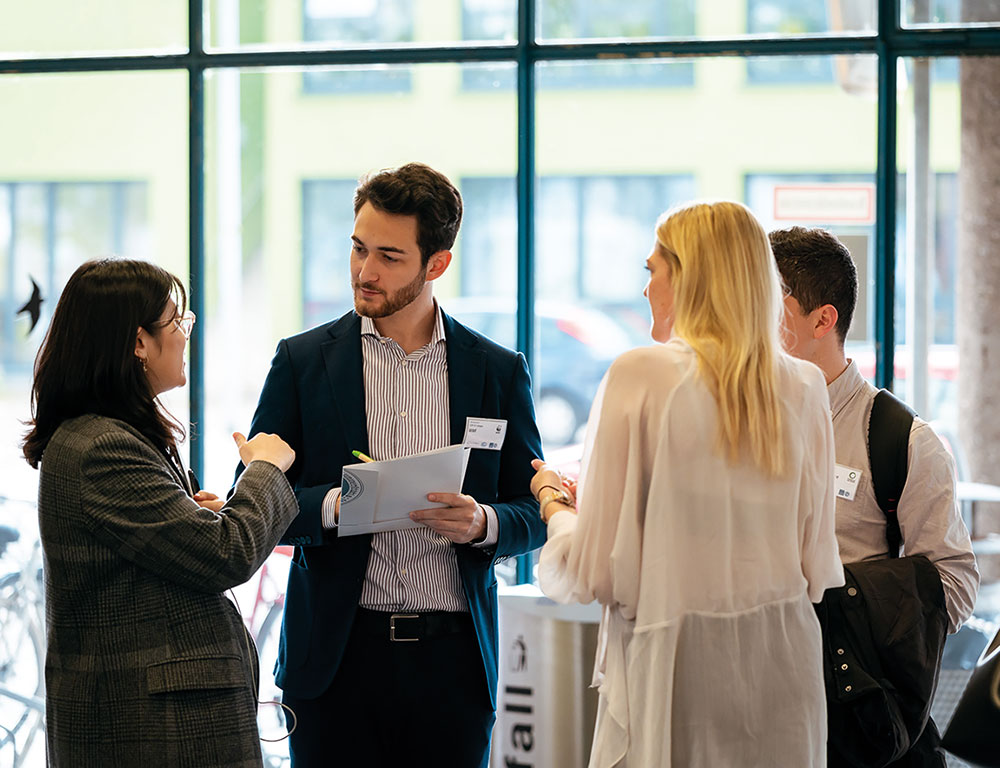
“The goal is to really help inform people’s decisions in terms of the kinds of jobs they choose after university, and the way that they function within their personal and professional lives – and the kind of impact that they can go on to have in the companies that they work in in the future.”
On a practical level, Christopher and his fellow students are driving initiatives that they hope will yield concrete and measurable results.
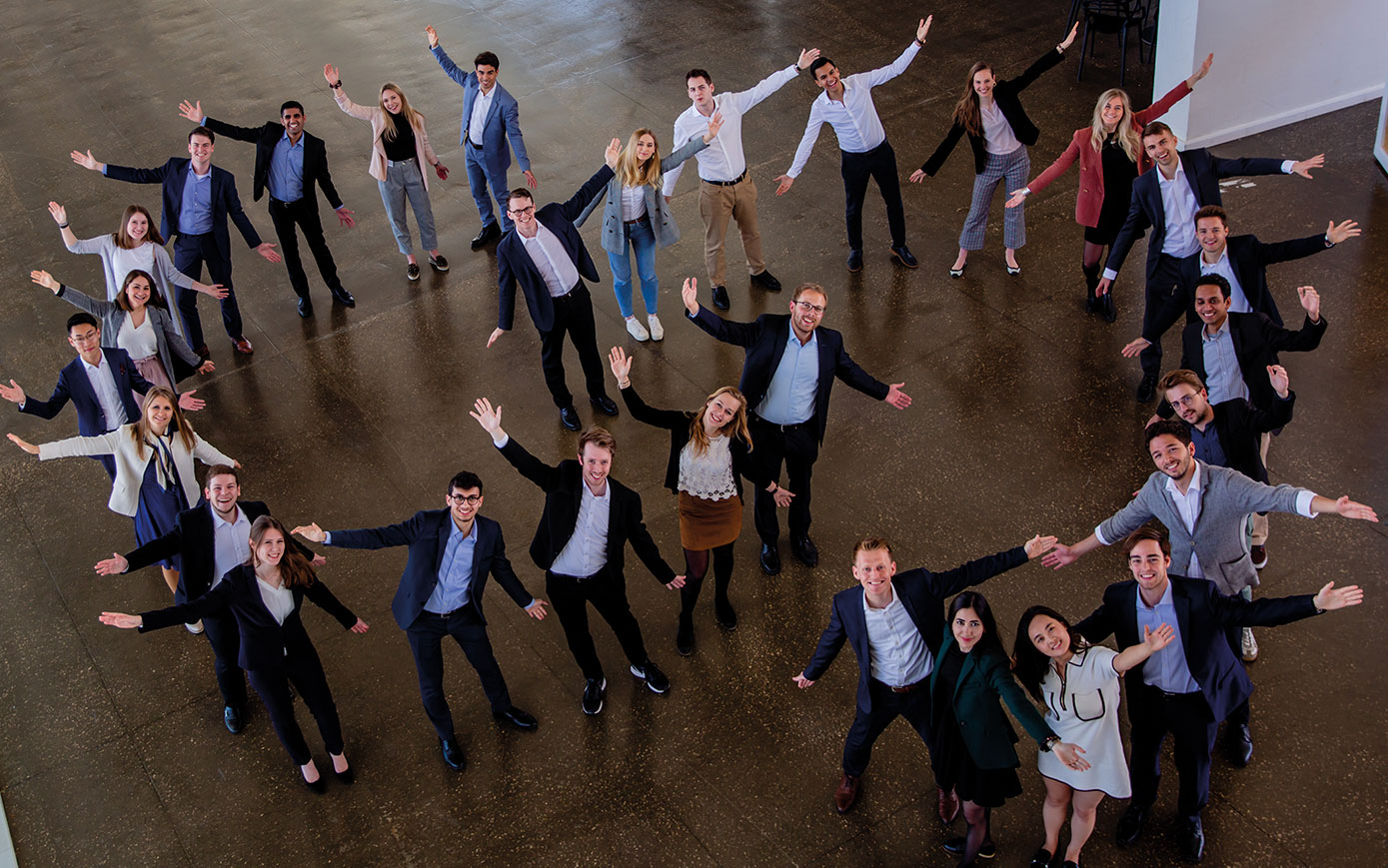
“Something we’ve seen working in other schools like The London School of Economics, is the use of reusable coffee cups. Single-use, plastic cups contribute enormously to waste. We are putting together a pan-university project that will replace these with an environmentally friendly, sustainable alternative.
And it’s exactly the kind of initiative that Plan A’s Lubomila Jordanova welcomes.
“Sustainability is such an enormous, complex and multi-dimensional issue, and it’s an issue that has excited a good deal of talk, debate and shouting on all sides,” she says.
“The problem with shouting is that while it might engender good press for activists, that’s all it does. And we need to see far more focus on what’s happening on the ground – the concrete actions, activities and practical things that people, communities and businesses are doing that are driving real impact.”
While applause and recognition are nice, says Lubomila, they won’t change the world.
“What we really need is collaboration. And people are starting to wake up to this. Change will only come if we work together as one powerful and intelligent community.”
Contributors
Marketa Svobodova, University of Economics, Prague
Lubomila Jordanova, The London School of Economics and Political Science / ESADE Business School
Maja Murko, ESADE Business School
Magda Boryslawska, ESADE Business School
Emilie Cronje Kronh, Copenhagen Business School
Dana Minbaeva, Copenhagen Business School
Maija Kirveennummi, Henkel / Rotterdam School of Management, Erasmus University
SSE
Petr Kolar, University of Economics, Prague and nine other schools / Bayer
Manuel Winter, University of St.Gallen / The London School of Economics and Political Science
Kamilla Rácz, Corvinus University of Budapest
